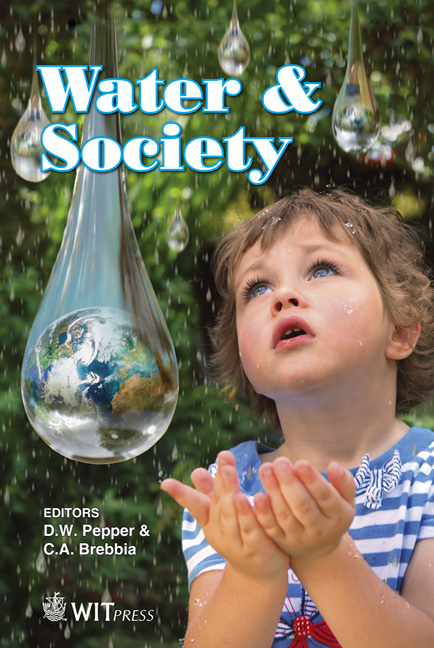Toxic Waste Dumping, Water Contamination, And People’s Disablement In Semi-arid Rural México: Local Water Pond Issues For The Fair Siting Of A Landfill
Price
Free (open access)
Transaction
Volume
153
Pages
11
Page Range
185 - 195
Published
2011
Size
2,547 kb
Paper DOI
10.2495/WS110171
Copyright
WIT Press
Author(s)
F. J. Rangel
Abstract
In 1993, when Metalclad Corporation, an American landfill management firm, bought a closed toxic waste dump at La Pedrera – in the semi-arid rural region of Guadalcazár, México – from the Mexican Company Coterin, the issue of toxic waste disposal entered the consciousness of this developing country. But, by 1997, when Metalclad initiated arbitration proceedings over Mexico’s refusal to permit Metalclad to re-open and operate the site because of the amount of toxic waste in it and the threat to the local water supply, the consequences to the place and to the community were displaced by concerns about international trade and foreign investment. As part of an ethnographic case study describing how people in El Huizache – the nearest locality to the site – have been affected, this paper recovers the forgotten history of a contaminated community, documenting the plight of a village under stress from climate, toxic waste dumping, water contamination, and a complex institutional context. Behind the national and international public concerns, the North American Free Trade Agreement implications, the professional controversies, and the political realities the Metalclad case has revealed, there might be a sample of the social consequences a poor environmental and cultural understanding of a body pond watershed can have. The findings of this paper suggest that when it comes to fair rules for siting a landfill, a semi-arid rural water pond in México is not just \“a nice body of water smaller than a lake”, but a real community storage vessel that serves to regulate and store the excess volume of water drained in the rainy season, in order to use excess in times of drought, when runoff is low. Keywords: toxic waste, water contamination, climate, pond watershed, México.
Keywords
toxic waste, water contamination, climate, pond watershed, México





